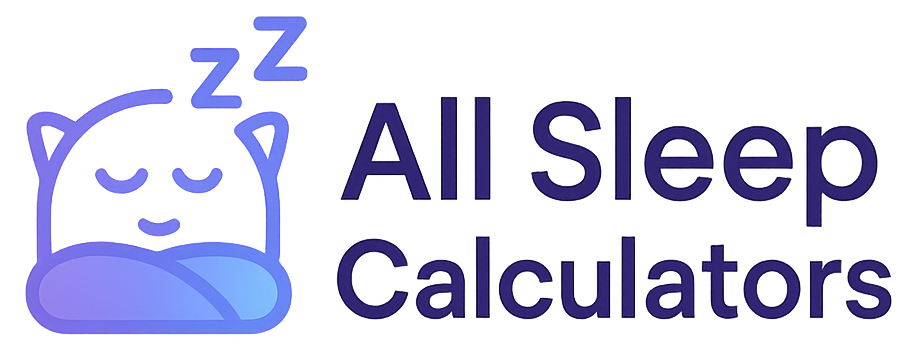What Are Sleep Cycles?
Sleep cycles are the natural pattern of alternating sleep stages that occur during a normal sleep period. A typical sleep cycle lasts about 90 minutes, and most people go through 4-6 complete cycles each night.
Did you know? The first sleep cycle of the night typically has shorter REM sleep, while later cycles have longer REM periods.
The Stages of a Sleep Cycle
Each sleep cycle consists of multiple stages, grouped into two main categories: non-REM (NREM) sleep and REM sleep.
Non-REM Sleep Stages
- Light Sleep (N1) - This is the transition phase between wakefulness and sleep. Your muscles relax, and your brain activity, heart rate, and breathing begin to slow down.
- Light Sleep (N2) - This deeper stage of light sleep features further decreased heart rate and body temperature. Brain activity shows characteristic sleep spindles and K-complexes.
- Deep Sleep (N3) - Also called slow-wave or delta sleep, this is the most restorative stage of sleep. It's harder to wake someone from deep sleep, and this is when your body repairs tissues and strengthens the immune system.
REM Sleep
Rapid Eye Movement (REM) sleep is characterized by increased brain activity, rapid eye movements, muscle paralysis, and vivid dreaming. This stage is crucial for memory consolidation, learning, and emotional processing.

A typical 90-minute sleep cycle showing the progression through different sleep stages.
Why Sleep Cycles Matter
Understanding sleep cycles is important for several reasons:
- Wake-Up Timing: Waking up at the end of a sleep cycle (during light sleep) helps you feel more refreshed and less groggy.
- Sleep Quality: Proper cycling through all sleep stages is essential for sleep quality and overall health.
- Sleep Duration: Ideal sleep duration should allow for multiple complete sleep cycles (typically 7-9 hours for adults).
How Our Sleep Calculator Uses Sleep Cycles
The All Sleep Calculators uses the 90-minute sleep cycle as a basis for its calculations. By timing your sleep so you wake up at the end of a cycle rather than in the middle, you can minimize sleep inertia (morning grogginess) and feel more refreshed.
Ready to optimize your sleep cycles?
Use our calculators to find your ideal bedtime or wake-up time based on sleep cycles:
Explore More Sleep Topics
Sleep Paralysis
Learn about the phenomenon of being conscious but unable to move when falling asleep or waking up.
Microsleep
Learn about brief episodes of sleep that can occur when you are overtired.
Sleep-Wake Homeostasis
Discover how your body naturally regulates sleep pressure and wakefulness.
Power Naps
Understand the science behind short naps and how to use them effectively.
